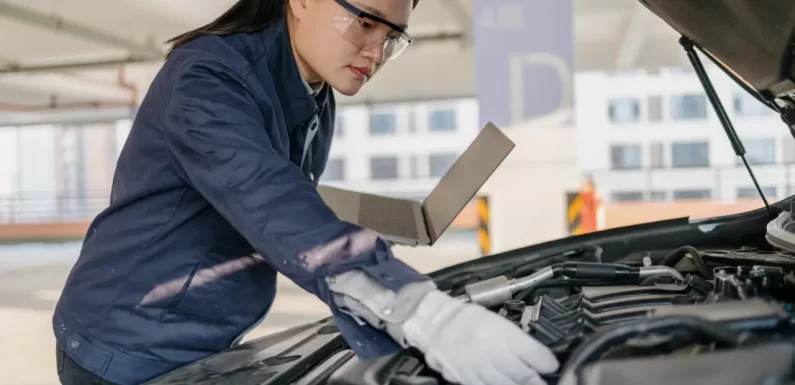
When you’re in the market for a new property, whether it’s a home or a commercial building, conducting a thorough pre-purchase inspection is essential. This detailed evaluation of the property’s condition provides invaluable insights and helps you make an informed decision, as well as bring about costly surprises down the road. The important step in conducting a thorough pre-purchase inspection is selecting a qualified and experienced inspector. When evaluating potential inspectors, consider the following factors:
- Years of experience in the industry
- Specialized expertise (e.g., residential, commercial, or historic properties)
- Sample inspection reports and references
- Insurance coverage and liability protection
A well-qualified inspector will have the knowledge, skills, and tools necessary to provide a comprehensive and accurate assessment of the property’s condition.
Attend the inspection in person
It’s highly recommended that you attend the pre-purchase inspection in person. As a participant, you are able to ask questions, learn about the property firsthand, and see any issues or concerns with your own eyes. During the inspection, follow the inspector closely and take notes or photos of any areas of interest or concern. This documentation is valuable when reviewing the inspection report later or negotiating with the seller.
Evaluate the interior systems and finishes
Once the exterior assessment is complete, the inspector will move indoors to evaluate the property’s interior systems and finishes. This includes a thorough examination of:
- Electrical systems and wiring
- Plumbing fixtures and pipes
- Heating, ventilation, and air conditioning (HVAC) systems
- Insulation and ventilation
- Walls, ceilings, and floors
- Kitchens and bathrooms
- Fireplaces and chimneys
The inspector will test the functionality of various systems, look for signs of leaks or damage, and assess the overall condition and safety of the interior components.
Inspect the attic and crawl spaces
Many property issues originate in the attic or crawl spaces, so a thorough pre-purchase inspection should include a detailed evaluation of these areas. Inspect the insulation, ventilation, and structural components for signs of moisture, pest activity, or other potential issues.
Consider specialized inspections
Depending on the property’s age, location, and condition, consider investing in additional specialized inspections. These targeted evaluations can offer more detailed insights into particular areas of concern, such as:
- Pest inspection services – To identify signs of termites, carpenter ants, or other wood-destroying insects
- Radon testing – To measure the levels of this potentially harmful radioactive gas
- Mold assessment – To detect the presence of mould growth and assess the extent of any damage
- Chimney inspection – To evaluate the safety and functionality of the property’s fireplace and chimney
- Sewer line inspection – To check for any blockages, leaks, or damage in the main sewer line
Your general inspector often recommends trusted professionals to conduct these specialized inspections, ensuring a comprehensive evaluation of the property. Click to read more about building inspections in Sydney.
Use the inspection results to make informed decisions
With the inspection report in hand, you can now make informed decisions about the property. If the report reveals significant issues or necessary repairs, you may choose to:
- Include repair costs in the purchase price
- Request that the seller make certain repairs or provide credits before closing
- Walk away from the deal if the issues are too extensive or costly
If the inspection report shows that the property is in generally good condition, you proceed with the purchase with greater confidence and peace of mind.

